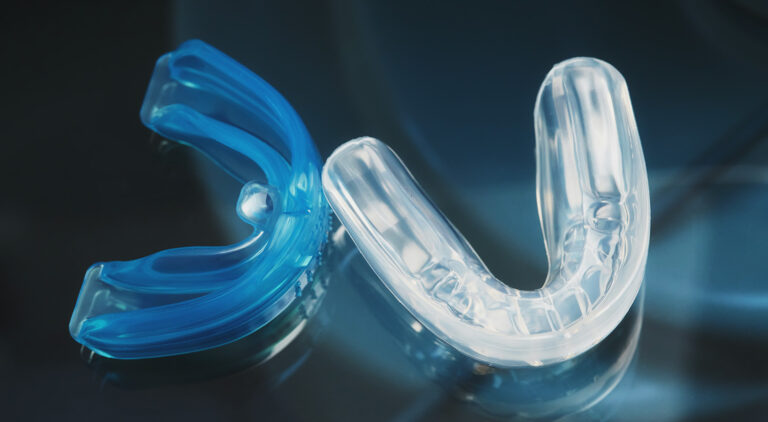Sleep apnea is a common sleep disorder that can significantly impact a person’s overall health. It is a condition where breathing is interrupted during sleep, leading to loud snoring and disturbed sleep patterns. In addition to causing daytime fatigue and other physical health problems, sleep apnea can also have negative effects on oral health.
Individuals with sleep apnea may be more prone to dental problems such as tooth decay, gum disease, and dry mouth. Individuals with sleep apnea must know the connection between sleep apnea and oral health. It would also help if affected people consulted a dentist in Union City, GA, for tips on maintaining good oral hygiene while managing sleep apnea.
Understanding the impact of sleep apnea on oral health:
- Dry Mouth
Sleep apnea can cause dry mouth, a condition in which your mouth doesn’t produce enough saliva. Saliva helps to wash away harmful bacteria and keep your mouth moist, but when it’s lacking, bacteria can thrive and lead to tooth decay and gum disease. A dry mouth can also cause bad breath, sore throat, and difficulty swallowing. In addition, breathing through the mouth during sleep can also dry out the mouth and contribute to these issues.
- Bruxism
Sleep apnea has been linked to bruxism, a condition involving clenching and teeth grinding during sleep. It can lead to tooth wear, sensitivity, and damage to restorations like fillings and crowns. In some cases, the pressure and strain caused by bruxism can even cause teeth to crack or fracture. Sleep apnea treatment can help alleviate bruxism symptoms and protect your teeth from further damage. Your dentist can also recommend protective mouthguards to prevent further tooth damage while sleeping.
- TMD
Sleep apnea can contribute to temporomandibular joint disorder (TMD) by putting pressure on the jaw and causing muscle tension. This can lead to pain, clicking or popping in the jaw joint, difficulty opening and closing the mouth, and even headaches. Patients with sleep apnea are more likely to experience TMD symptoms, and treating the sleep disorder can also alleviate TMD symptoms. A dentist can help diagnose and treat TMD related to sleep apnea through oral appliances or other treatments.
- Oral inflammation
Sleep apnea can lead to oral inflammation, which can cause discomfort, redness, and swelling in the gums. The condition can also cause an overgrowth of bacteria, which can increase the risk of tooth decay and gum disease. Over time, chronic inflammation can cause irreversible damage to the gums and teeth, leading to tooth loss and other oral health issues. It’s essential to address sleep apnea to prevent long-term oral health complications.


Comments are closed.